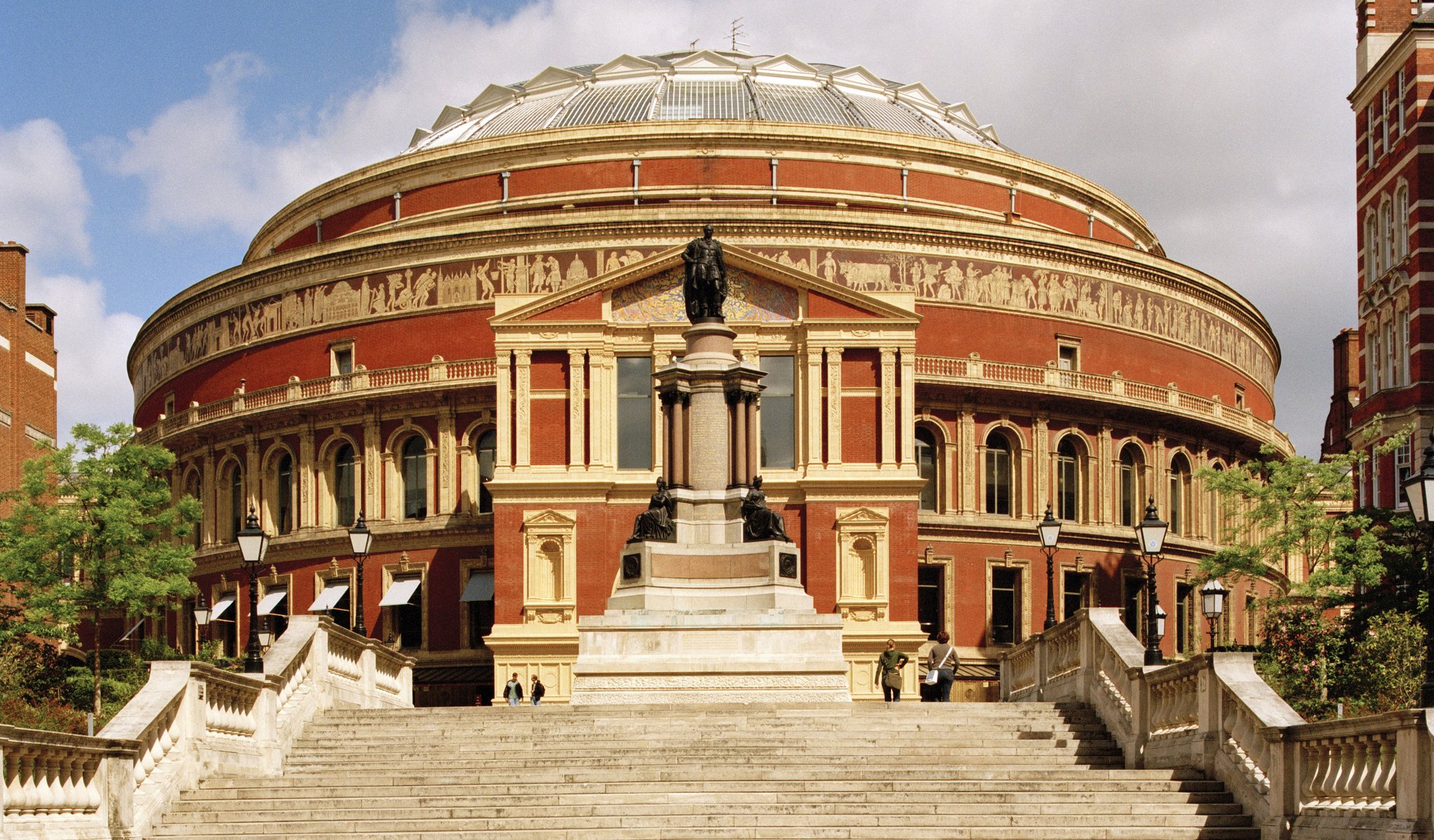
Program
Featuring
Other information
The event is about 2.5 hours long.
About the event
Weber: an author who died in London, the creator of German romantic opera and the reformer of the genre of the overture. Schumann: a composer whose fame reached England, thanks to his wife, only after his death, and who completed only one piano concerto in his lifetime. Mendelssohn: an artist often visiting London, who wrote a symphony after a memorable trip to Scotland. The Budapest Festival Orchestra’s first London concert at the Royal Albert Hall will feature a work by each of these three composers. These pieces invoke supernatural powers, “something between a symphony, a concerto and a large sonata” and stunning landscapes. London-based Hungarian piano legend András Schiff, knighted by Queen Elizabeth II in 2014 in recognition of his accomplishments in music, will play the solo part of the piano concerto.
When Weber realized in Dresden that audiences could hear almost only mediocre Italian operas, he took charge. With his opera, Der Freischütz (The Marksman), he provided an example to Wagner, and even Debussy and Stravinsky. The overture to the work, an immediate success in Europe, not only presents the themes to come, but also draws a dramatic arc across them. The opening bars instantly create the basic atmosphere of the story, and “the life of the hunter and the rule of demonic powers”, as Weber put it, are also conjured up. Love, danger, forbidden places and mystery – all wrapped up in romantic music.
In 1841, Schumann composed a lyrical fantasy for piano and orchestra. As it met with no success, four years later, urged by his wife, world-famous pianist Clara Schumann, he added two more movements, and completed his piano concerto in A minor, which became a huge success, even at the premiere. Schumann turned the piano into an organic part of the orchestra instead of showing off, incurring Liszt’s criticism; he once referred to it as a “concerto without piano”. Schumann has been vindicated, though: the magnificent musical dialogues of the opening movement, the emotional extremes of the Intermezzo and the virtuosity of the vigorous Finale, bursting in attacca, have made the piece one of the most popular concertos.
The movements of the “Scottish” symphony are also played attacca. Mendelssohn visited England in 1829, from where he went on a trip to visit Holyrood Palace. Looking at the ruins in the overgrown surroundings, he wrote “I believe I have found today, in that old chapel, the beginning of my Scottish symphony”. He only returned to the sketches only in 1841 and the piece was premiered the following year. The slow Haydnesque introduction conjures up the gloominess of Holyrood. The movement continues with a fast passage of variations. The joyful scherzo draws on Scottish folk music (which at first seemed unlikeable to the composer) and it fades, leading into a restrained slow movement, reminiscent of a Beethoven string quartet and his Symphony No. 7. The piece ends with a militant finale, resolved with a bright major key.